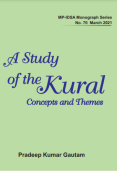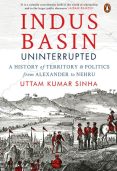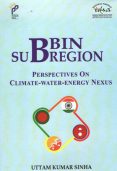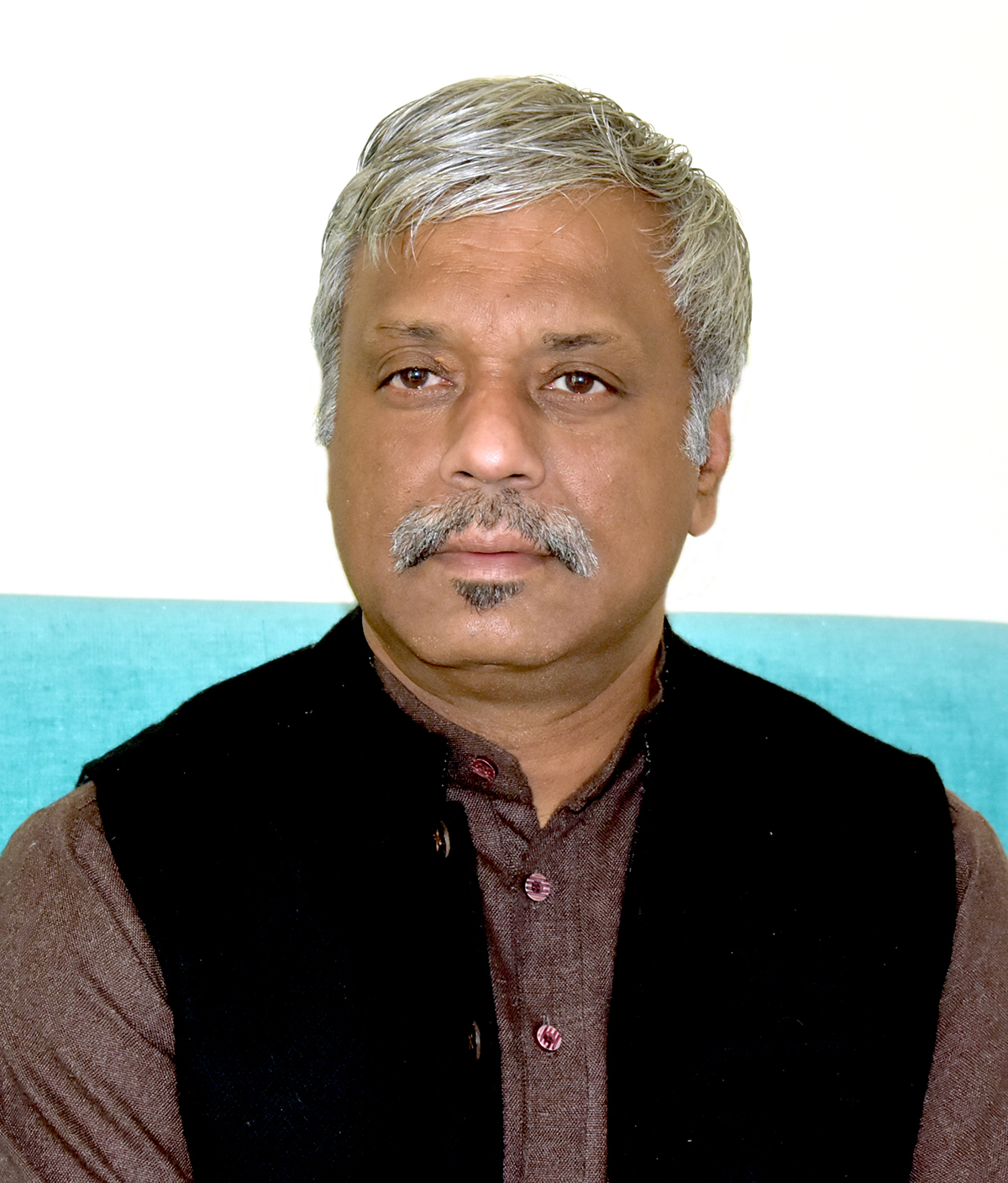Energy Interdependence as a Strategic Factor in the Post-Cold War Context
Energy, as a resource, has been considered only as a factor of complex geopolitical rivalries and geo-economic calculations globally. This article, on the other hand, attempts to analyse a parallel trend in the post-Cold War international scenario, a trend that shows how energy gains global relevance as a vector of alliance and a link for interdependence, and how economic and environmental challenges have become the compelling factors to push competitors to turn into allies and partners.
Explaining Non-Arctic States in the Arctic Council
How has the role of observers in the Arctic Council evolved and why is there increased interest in participation by states and international institutions? This article examines the influence and interest of observers in international institutions. The Arctic Council is an international institution founded in 1996 to promote Arctic environmental protection and sustainable development. Ultimately, observers are weak actors in the Council. Despite this weakness, actors seek to become observers for two reasons.
India’s Decision Making on Cross-Border Natural Gas Pipelines (1989–2012)
In the last two decades, cross-border gas pipelines have become an integral part of discourse on India’s energy security. Successive reports from the government and the private sector have envisaged an important role for cross-border gas pipeline projects in India. After engaging in negotiations for several years, the Indian Government finally joined the Turkmenistan, Afghanistan, Pakistan and India (TAPI) gas pipeline over the Iran–Pakistan–India pipeline (IPI) and the Myanmar–Bangladesh–India pipeline (MBI).
Experiences from the International Rhine Water Management
Germany, located in Central Europe, has access to different national and international river basins and lakes, including the Rhine, Elbe, Danube and Lake Constance. Precipitation in Germany differs between comfortable amounts in the Alpine region (1500–2000 mm/a) to moderate amounts in the central and northern regions (600–800 mm/a). In brief, the geological conditions are in favour of successful groundwater storage.
The ‘Sir Creek’ Dispute: Contours, Implications and the Way Ahead
Sir Creek, the 17th and last drainage branch of the river Indus, is a meandering riverine feature approximately 92 km (50 NM) long in the low-lying marshy region of Rann of Kutch. The Sir Creek boundary dispute between India and Pakistan is rooted in differing interpretations of the 1914 resolution passed by the Government of Bombay (GoB) or Bombay Residency.
Dams as a Climate Change Adaptation Strategy: Geopolitical Implications for Pakistan
Pakistani planners are increasingly prone to recognize the many links between water, food, and energy security. The construction of new large dams is seen by many as a concrete measure to achieve resource security for Pakistani for a future marked by climactic variability and unpredictability. This article explores the geopolitical and political geographic implications of Pakistan’s strategic vision of building dams as a way to prepare for climate change.
Where Hawks Dwell on Water and Bankers Build Power Poles: Transboundary Waters, Environmental Security and the Frontiers of Neo-liberalism
Hydropower development clearly has a significant role to play in the closer integration of different parts of the Himalayas and in facilitating downstream benefits throughout South Asia. However, the neo-liberal approach to infrastructure-led growth frequently overlooks the significant social, economic and political issues associated with this model of development in the region. Furthermore, the ongoing securitisation of water constrains the terms of debate under the guise of a unified national interest and enables large-scale dams to be constructed without due process.
Nations without Borders: Climate Security and the South in the Epoch of the Anthropocene
The standard narrative on modern geopolitics is being re-scripted. Previous ingredients that made up the literature on high politics such as securing resources, rivalries over the control of territory and war plans are increasingly being replaced instead by concerns about the ‘mundane’ politics of global energy plans, food systems, infrastructure and city design. Meaningful geopolitics in the time of climate change, in other words, would now have to grapple with the inescapable urgency for sustaining key ecological, biological and atmospheric indicators at the planetary level.











